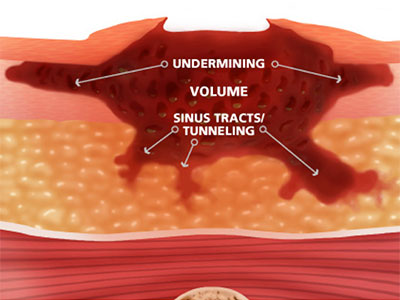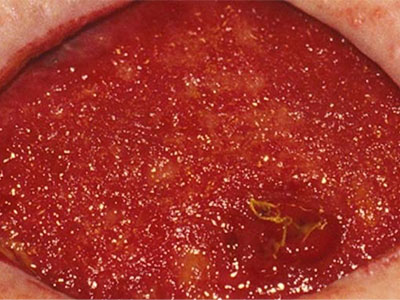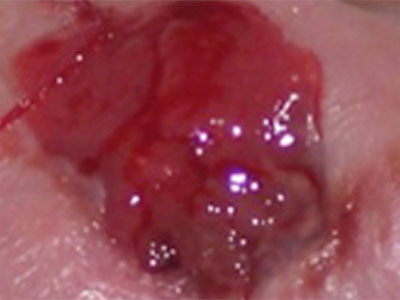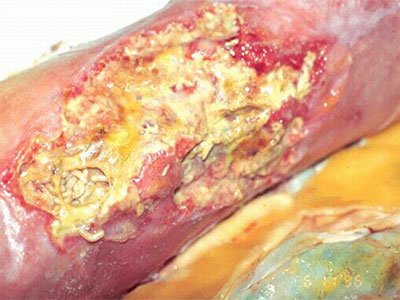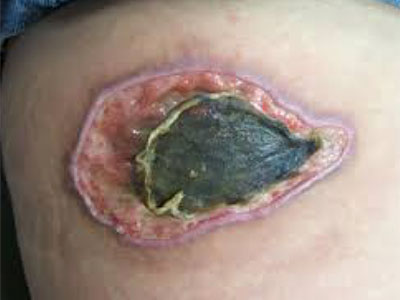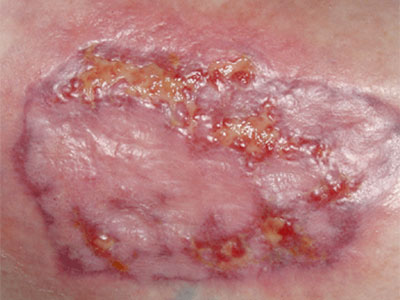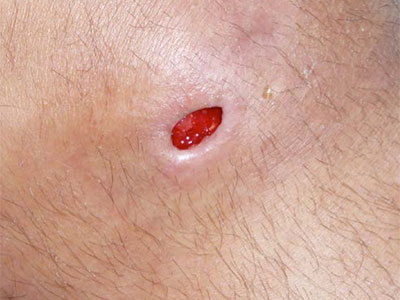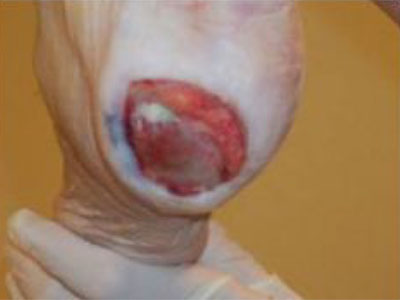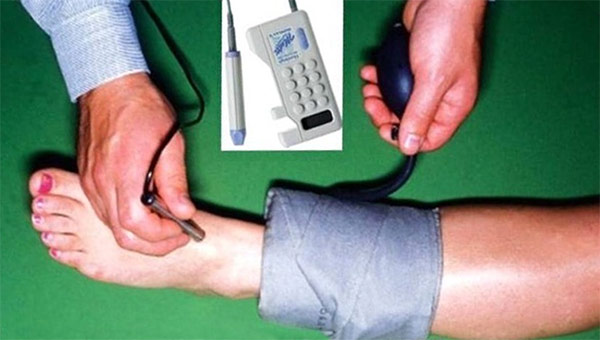REVISED: Newborn Nursery and the COVID-19 Pandemic
April 9th, 2020 | ArchiveAs hospitals and medical providers make plans to respond to the Covid-19 crisis, URMC and RRH Neonatologists and Newborn Hospitalists strongly recommend that newborns should NOT be discharged before 24 – 26 hours of life and ideally remain in the hospital for 36-48 hours depending on the infant, family preference and availability of appropriate follow-up. Infants require critical screening that cannot be completed if they are discharged in the 24 hours after delivery. These critical screens include the NYS Newborn Screen for congenital and metabolic disorders, bilirubin serum testing, congenital heart disease screening, and the newborn hearing exam, along with a follow-up physical exam to assess newborn transition and essential counseling support for successful breastfeeding initiation. Any infant at high risk for sepsis, hyperbilirubinemia or other high risk condition must remain in the hospital until discharge is deemed safe.
In the event that an infant must be discharged prior to 26 hours, or by parental request for low-risk dyads, newborn nursery attendings will contact primary care providers directly for a coordinated hand-off to assure that these infants can be seen in the required hours after discharge to complete all critical screenings and examinations required.
Additionally, breastfeeding promotion is of great concern in this time when families have less time in the hospital for direct consultation, and hospitals attempt to follow conflicting guidance provided by the CDC, the American Academy of Pediatrics and the World Health Organization*. After extensive discussion and review of the evidence, we continue to encourage COVID + or COVID-suspected moms (PUIs) to give breastmilk to their babies, and to have discussion with the family of the risks and benefits of isolation of the newborn in a separate room vs. co-localization of newborn and mother with appropriate safeguards, thus allowing informed consent. If mother and baby stay in the same room, the mother will be instructed in appropriate masking and hygiene precautions**. In the event that the mother and baby are separated, breastmilk feeding will occur through expressed breastmilk (with good hand hygiene, dedicated pump, and pump parts cleaning and sterilization between uses).
Direct communication from nursery attendings to primary care providers will be initiated if there is a COVID-positive or COVID-suspect situation requiring special care, treatment or follow-up, including breastfeeding support. Local post-discharge lactation support is now largely offered by telehealth; information will be made available on the Rochester Regional Breastfeeding Coalition website and individual websites.






